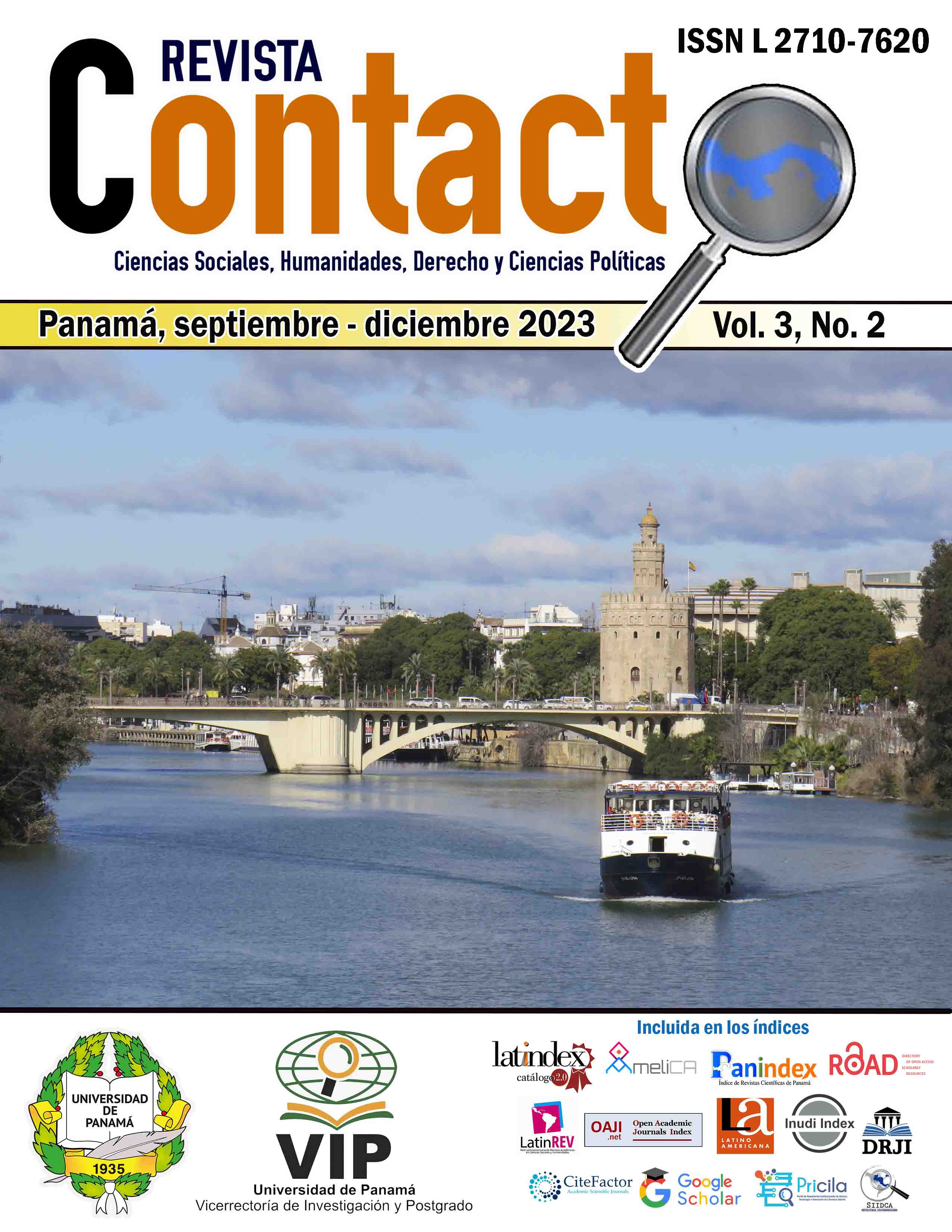

Copyright (c) 2023 Revista Contacto

This work is licensed under a Creative Commons Attribution-NonCommercial-ShareAlike 4.0 International License.
The objective of this work is to identify the different curricular models that have allowed an improvement of virtual classes in the time of Covid-19 at the Technical University of Babahoyo Career Pedagogy of Experimental Sciences-Informatics Fourth Semester "A-B", period academic November-2021-April-2022, in addition to describing the different theories and practices of the models in such a way that they allow summarizing the concepts, definition, and application of the main models that they use with the continuity of online classes, also, to describe strategies that the teacher can apply and the role he plays as such. On the other hand, the type of applied research was a quantitative approach; Given that data collection techniques such as the survey developed in Google Forms were used, which allows us to have a faster and more efficient statistical analysis, in addition to the design of our experimental and exploratory research, taking as reference a population of 72 participants and 10 teachers, whose sample is 51 students and 8 teachers from Paralelo A-B. On the other hand, the results show that the learning process within the virtual modality has been very effective thanks to the implementation of the different curricular models. Finally, the analysis of curricular models in virtual education for teachers of UTB-PCEI-Fourth "A-B" has revealed a constantly evolving panorama, in which educators have embraced the potential of technology to enrich the teaching process - learning. This research provides a solid foundation for the continuous improvement of pedagogical strategies in a virtual environment and highlights the importance of adaptability and innovation in 21st-century education.